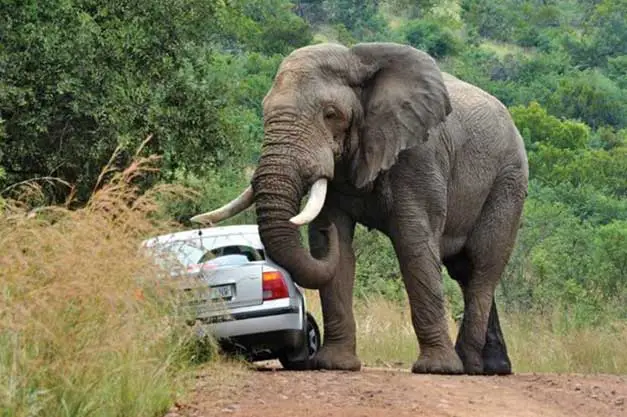By Anna Chibamu
DESPITE several cases having been reported on human-wildlife conflict resulting in death and injury countrywide over the years, it is sad to note that Zimbabwe still lacks policy on compensation for those affected.
Environment Minister Evelyn Ndlovu last week told the Senate, through a ministerial statement, that until the Parks and Wildlife Amendment Bill went through Parliament, government was incapacitated to to come up with any programme regarding compensation for victims.
Every month, cases of wild animals attacking people are being reported and some have lost lives whilst others got permanent injuries but there have been no policy or law to effect compensation.
“It is important to note that Zimbabwe currently lacks a formal nationwide policy on compensation, until the Bill goes through Parliament and through the Senate, we are incapacitated to come up with a programme.
“This compensation fund, is relief for the loss of human life due to human-wildlife conflict, will only be developed once the Act is passed through Senate and is gazetted,” Ndlovu said.
She said CAMPFIRE districts instead, were using local mechanisms to assist victims with funeral and medical expenses and some districts extend support to victims’ children by paying school fees.
The government, through a November 2022 Cabinet Resolution and the August 2023 SONA announcement by President Emmerson Mnangagwa was committed to establishing the Human-Wildlife Conflict Relief Fund.
“The Parks and Wildlife Bill, which is in the final stages in the House, is intended to provide the legal framework for this fund.
“Through specific funding, although specific funding mechanisms are yet to be determined, once enacted, the Bill will enable relief for victims in cases of death, injury, maiming and hospitalisation resulting from wildlife conflict, said the minister.
However, Ndlovu stated relief was not expected to extend to livestock predation and crop damage at this initial phase.
She highlighted: “This legislative change is a significant step in addressing relief for the affected communities, as we seek to incorporate relief for crop damage and livestock predation in the near future.
“Recommendation number five, ‘the Minister of Tourism and Hospitality Industry, through ZimParks authorities, should consider to raise the elephant quota per year from the current three to a minimum of 10 elephants per year for the communities co-existing with wildlife’.”
The minister submitted that the recommendation was from the Environment Parliamentary Committee and ZimParks took note of the recommendation to increase the elephant management quota for communities co-existing with the wildlife.
Ndlovu undertook to act on the recommendation.
